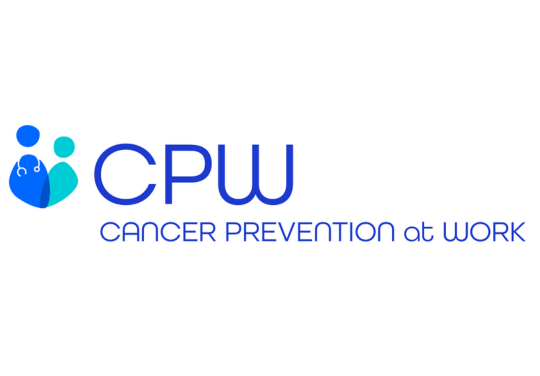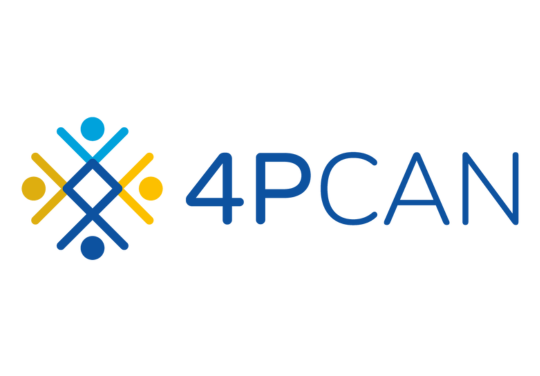The pilot implementation of the PN for primary cancer prevention that includes agencies working with professionals and all patients who can benefit from smoking cessation, physical activity, and diet interventions. CO-CAPTAIN will implement a large-scale pilot of primary cancer prevention in different health and care systems in Europe, informing the blueprint for policy transformation. Our objective is to identify and analyze potential facilitators and critical barriers for the PN for primary cancer prevention implementation process, outcomes, and future dissemination and exploitation strategies using a mixed-methods approach supported by the CFIR and RE-AIM conceptual frameworks. Special attention will be given to reducing the evidence-practice gap in health psychology and capturing the factors influencing behavioural change.
The effectiveness of the intervention and its impact on costs will be assessed, grouped by the process for an intervention-based measurement of outcome values for individuals with mental ill-health and use precise and data-driven models of health outcomes. CO-CAPTAIN will provide the blueprint for transforming cancer prevention for all persons, integrating PN and delivering primary cancer prevention programs across health and care systems in the EU.







